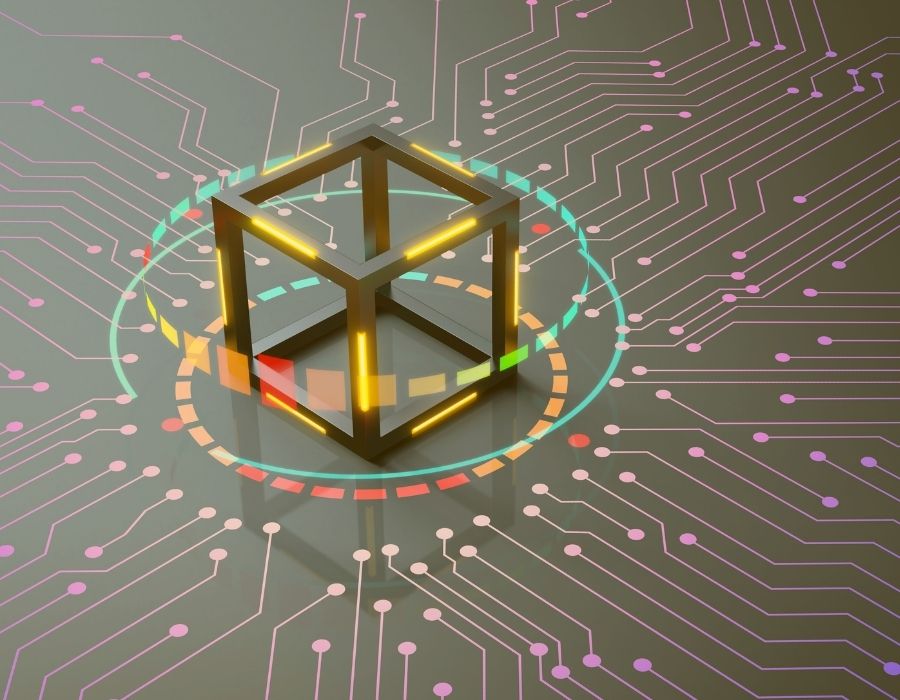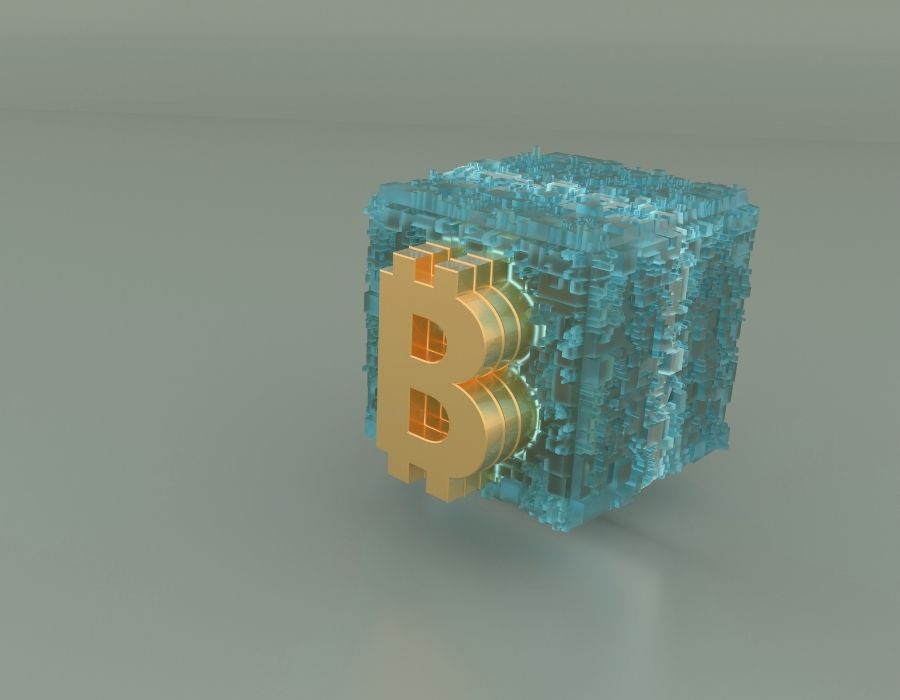While blockchain offers solutions for different industries across the globe, its effect on the gaming industry has been left relatively unexplored by comparison with much of its potential being left to conjecture. An exploration of the potential of blockchain in the gaming sphere was launched in 2017 when the infamous CryptoKitties was released on Ethereum. CryptoKitties was the first widely recognized blockchain-based game, in which players could trade and breed unique digital cats.
Table of contents
Gaming economy
Since then, there have been a few explorations into the possibilities that blockchain has in the gaming realm. One such impact that blockchain has had upon the gaming industry is through its use of in-game currency. The in-game currency is nothing new and has been used throughout its history for decades before the advent of blockchain and cryptocurrencies.
Tokenised gaming currencies have arguably been around since the first arcades set up shop with literal physical tokens in the second half of the 20th Century. They later took on a new manifestation in the early 2000s like with the popular game Second Life, wherein players would acquire and trade Linden Dollars to customize their avatars and their ‘second life, as it were.
Now blockchain has given this a life of its own by giving games the potential to use cryptocurrencies in the place of fictional in-game currency. This means that players no longer have to give out their personal banking details to advance in their favorite games.
Play to Earn
The possibilities stretch further than just being able to access rewards and items with greater ease and security, however. Gamers can now potentially earn digital currency in real life for their in-game efforts. Players can be rewarded for their participation with in-game assets such as tools and cryptocurrencies or even rare items that can be made into digital assets through tokenization.
Unlike larger platform games, blockchain games are decentralized, meaning that these assets truly belong to the player once they are awarded or earned, until a time when they may decide to sell them on.
Gamers can now earn an income from their recreational exploits without dedicating an entire career to professional gaming tournaments and online streaming. Gamers can sell rare items as NFTs from events and competitions. Axie Infinity, which was built on the Ethereum Blockchain, made a revenue of $120 million by July. This is an example of how blockchain can remain a lucrative value while being purely recreational.
Blockchain in game development
Blockchain also creates many opportunities within game development itself. Console gaming giants like Xbox, PlayStation, and Wii monopolize the gaming industry and only work with centralized big-name developers. This leaves little where else for small, solo game developers to hone and earn for their craft. Many indie developers are left working on minimized platforms to create PC games and are compensated little for gratuitous work.
There are blockchain platforms out there however that aspire to change the lopsided competitive market of game development and tip the scales in favor of the underdog. Enjin and DApp are both two platforms that are hoping to equalize the gaming industry.
Both are platforms that enable coders and developers to build their own blockchain-based games while simultaneously acquiring a community. Blockchain games mean that players can have a greater say in the development of their favorite games.
This is a stark contrast to centralized game publishing companies, many of which have a history of teasing their fans and falling flat when a game does not meet expectations. CD Projekt Red is the latest example of a game publishing company unable to manage community expectations upon the release of Cyberpunk 2077 last year. Through blockchain though, a game can be continuously developed without the need for constant update downloads and communities can literally vote on how and when these changes occur.
Community development
Players can become further enveloped in the development process, still. Some open-world games built on blockchain allow players to create and edit their surroundings and interact with them. Hailed as a cross between Minecraft and No Man’s Sky, Hash was created by Ubisoft on the Ethereum blockchain.
In the game, players can make their islands public which they can craft and explore themselves. Players can also create challenges for each other on their own island, for which participants can earn cryptocurrency. This makes development ongoing and completely in the hands of the players.
The potential for blockchain in the gaming industry is truly decentralized. While blockchain’s place in the gaming industry leaves a lot more to be explored, it seems to be a clear path to the unison of creators and players. The decentralized nature of blockchain opens up the market for developers and creates a whole new market for players to invest and immerse themselves in. While experimentation with blockchain in the gaming industry is ongoing, we can only anticipate what digital landscapes await us once its real potential enters focus in the mainstream.

We hope that this article was insightful for you and are looking forward to any feedback and messages. Please share your thoughts in the comments section below!
Disclaimer
This website may contain information about financial firms, employees of such firms, and/or their products and services such as real estate, stocks, bonds, and other types of investments. While this website may intend - as the author deem necessary - to provide information on financial matters and investments, such information or references should not be construed or interpreted as investment advice or viewed as an endorsement.



